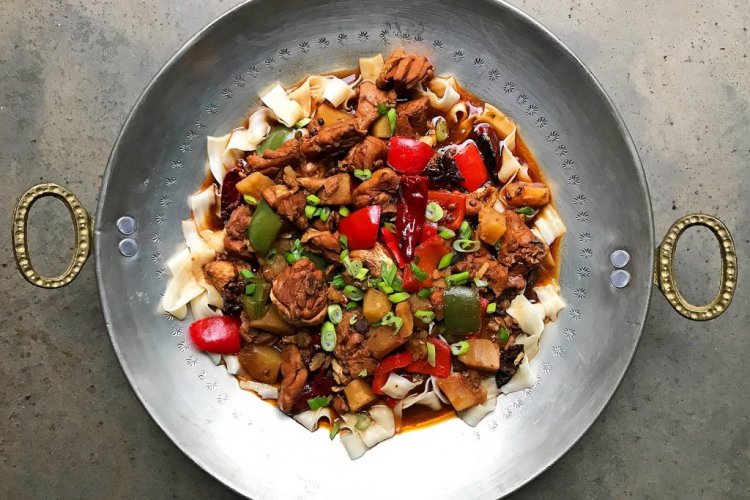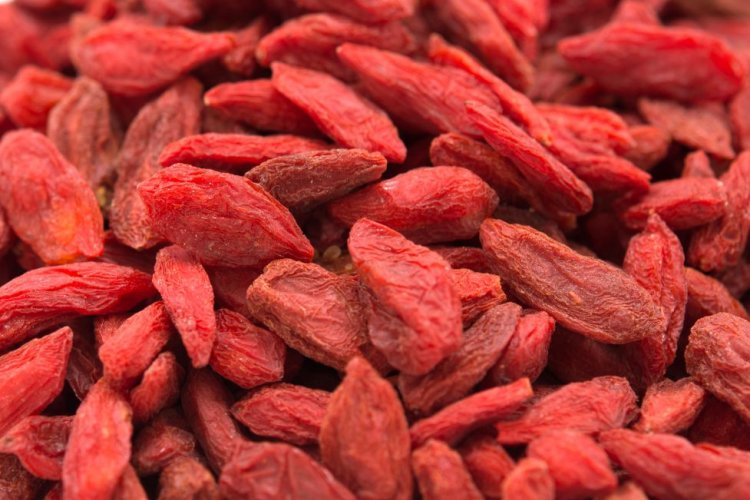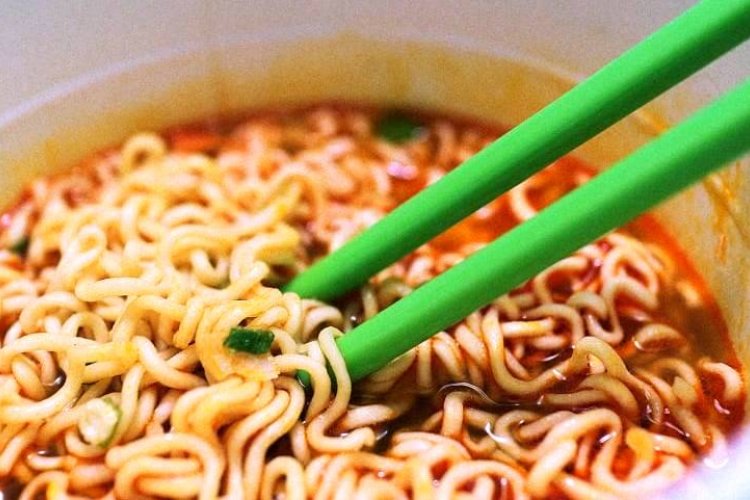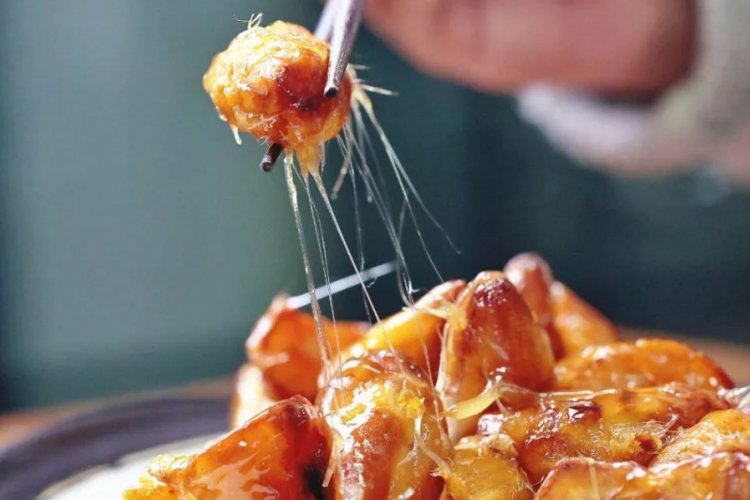Wokipedia: F is For ...
“Wokipedia” is a regular magazine column in which we introduce aspects of Chinese gastronomy, one letter at a time.
… fengzhua 凤爪
Chicken feet (or the literal translation, “phoenix claws”) are like the rainy Pacific Northwest: everyone plays up the downsides so that those who are in on the secret can save the fun for themselves. Yes, these feet were used for walking and yes, sometimes the claws are still attached. But if you can get over that bit, you just might love the way your teeth graze over the knuckles for morsels of skin and tendon. This is fine dining for the orally fixated set. Whether enjoyed at a good dim sum restaurant or on a street corner, chicken feet can take you to that special place where you’re grunting audibly but you just don’t care.
… fensi 粉丝
Don’t confuse these with your adoring fans or army of loyal followers on Sina Weibo (same characters, same pronunciation). The fensi we’re talking about here are the noodly kind – long, thin, translucent and stretchy. Often called vermicelli or cellophane noodles, they’re most commonly made of mung bean starch. For an amusingly named dish, try “ants going up a tree” or 蚂蚁上树, in which little bits of ground pork (i.e. the ants) go crawling up the trunk of a vermicelli tree.
… fo tiao qiang 佛跳墙
“Buddha Jumps Over the Wall” is the answer to those who generally find soups unsubstantial. Its ingredients include chicken, Jinhua ham, mushroom, scallops, sea cucumber, quail eggs and those touchy underwater treasures – shark’s fin and abalone. The playful, somewhat blasphemous name suggests that even a vegetarian monk (or the Buddha himself ) would climb over his monastery wall for a taste of this hearty stew.
… fantuan 饭团
This is what the Chinese call Japanese omusubi, the round or triangular rice balls filled with salmon or pickled plum and wrapped with seaweed. But fantuan can also refer to a Taiwanese version, often served at breakfast or as a light snack, in which warm sticky rice envelops pork floss, pickled vegetables and pieces of fried cruller in a burrito embrace. Fantuan shops do exist in Beijing (at Sanlitun Village and Jianwai Soho, for example), so be on the lookout for a handy lunch on-the-go.
Click here to see the December issue of the Beijinger in full.
Photo: bcs.duapp.com






